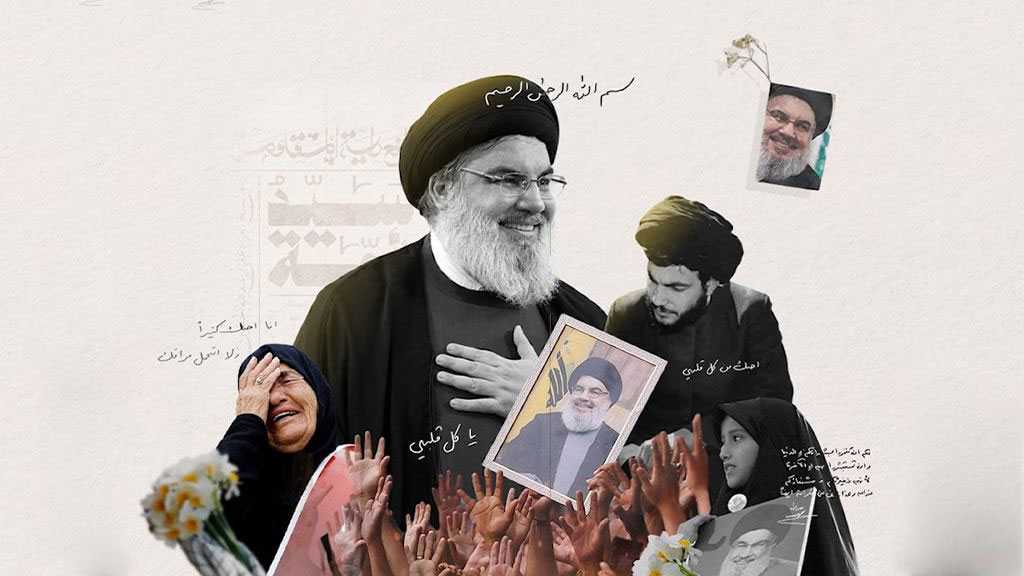Palestine: The Only Democracy in the Middle East
Source: GlobalResearch.ca, 31-1-2006.
by Remi Kanazi
On January 25, Hamas surprised the world with a dominating victory in the first Palestinian parliamentary elections in ten years. Although the world was stunned, the case for Hamas, and more importantly the case against Fatah, was made over the last few months by the actions of each group.
Fatah accomplished little since the passing of Yasser Arafat 14 months ago. Following Abu Mazen's election, the occupation raged on, "Israel" endorsed then skirted the Sharm Al Sheik cease-fire, and unemployment, poverty and malnutrition rose subsequent to the unilateral "disengagement." "Israel" also reneged on its commitment to a passageway between the Gaza Strip and the West Bank. Moreover, Fatah's image of being the "Western ticket" was reinforced after a report exposed that the US paid nearly two million dollars to fund Fatah's campaign. The defeat in the parliamentary elections exemplified the failures of the group over the last 15 years and more directly the failures over the last 14 months.
The Palestinians were put into a precarious position: Vote for conservatism or vote for corruption. With the vote for conservatism, however, came the possibility of stability, improved social programs, and a long needed crackdown on corruption. Conservative Hamas glided into the finish line victorious.
One cannot solely blame Fatah for its loss. America, "Israel", and the European Union delivered the Palestinians a blunt message, "Do not elect Hamas...or else." This-coupled with the collapsing of Fatah and its lack of commitment to rebuild infrastructure and social programs-energized the pro-Hamas movement who rejected Western influence. The world witnessed a similar occurrence in Iran before their elections, "Go moderate...or else." Yet, the people of the Middle East don't deal well with threats from the West-especially those who don't have the slightest interest in democracy. Instead of building a base of legitimacy for Abu Mazen and supporting progressive and democratic movements in Palestine, America and "Israel" undermined the very process. "Israel" foolishly believed that it could deligitimize Abu Mazen and Fatah to the point of non-negotiation without a viable alternative emerging within Palestinian society. America, as usual, went along for the ride to preserve its interests.
These elections have proven the failure of unilateralism. An occupier cannot force the occupied into concession by pretending they don't exist. In this case, the occupied shifted towards a conservative movement that does a better job feeding Palestinian children, sending them to school, and rebuilding bulldozed houses. Hamas chose to fight against injustice, rather than give into it. While some of Hamas' methods in the past, i.e. "suicide" (self-sacrifice) bombings and targets on a civilian (Zionist-settler) population, are considered morally reprehensible, they were fighting against the injustice of occupation-the same could not be said for Abu Mazen and Fatah.
What Will Happen to the Peace Process?
Since the election of Hamas, the world has been terrified that the peace process will collapse. Yet the peace process died a long time ago. Since Abu Mazen's election last year, "Israel" has denied him as a negotiating partner, America refused to bolster his image on the international front and the international community reneged on their commitments to help bring stability to his people. But this had to be the case. If it were not, "Israel" would not have been able to further Judaize Jerusalem (al-Quds), continue the construction of the Apartheid Wall (completion is expected by 2007), expand settlements, displace indigenous Palestinians, appropriate land, and continue its tactics of extrajudicial assassinations and mass arrests.
Unfortunately, this process has undermined peaceful voices. The West and "Israel" ignored the progressive and non-violent movement in the Palestinian territories. The US only backed Fatah in the weeks leading up to the election in fear of a strong Hamas showing, not because the US thought they were backing a more democratic choice. But America could not endorse a Palestinian movement that fought for equal human, land, water, and refugee rights. They could not embrace this movement because it would legitimize the Palestinian people based on peace, international law and justice. And they further rejected it because "Israel" refused to concede to international law and the 1967 borders-the West Bank, East Jerusalem, and the Gaza Strip. "Israel`s" rejection is indicative of their unwillingness to recognize the dispossession of 780,000 Palestinians in 1948, the refusal of those refugees to return to their homes based on international law, and the right of reparations (received by the dispossessing force). It is easier to turn the spotlight on Hamas, an organization that only killed one "Israeli" in 2005 (while "Israel" killed more than 250 Palestinians during the same year, which included nearly eleven months of the Sharm al-Sheikh cease-fire), as the cause for the breakdown in peace. But actions speak louder than words. Look at the facts on the ground. Who has been driving whom to the sea for the last 58 years?
Remi Kanazi is the primary writer for the political website www.PoeticInjustice.net. He lives in New York City as a Palestinian American freelance writer and can reached via email at [email protected]




